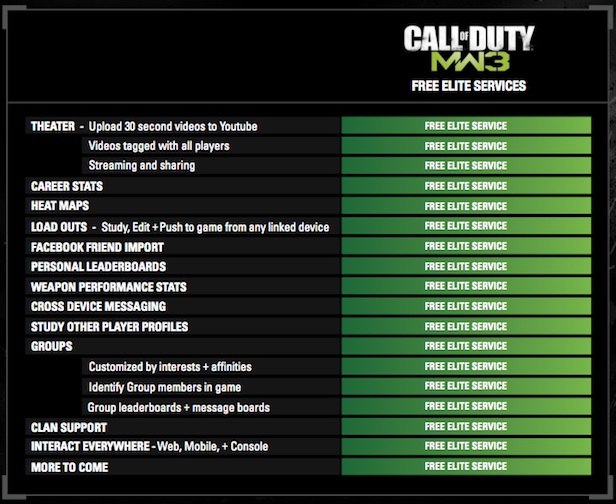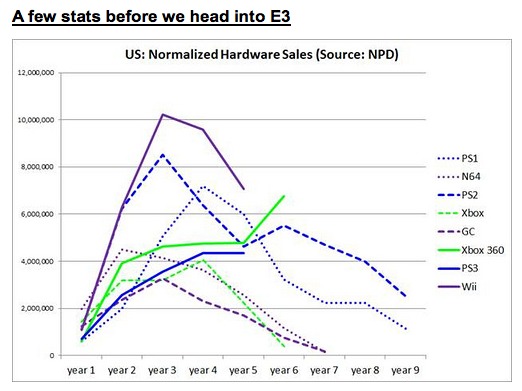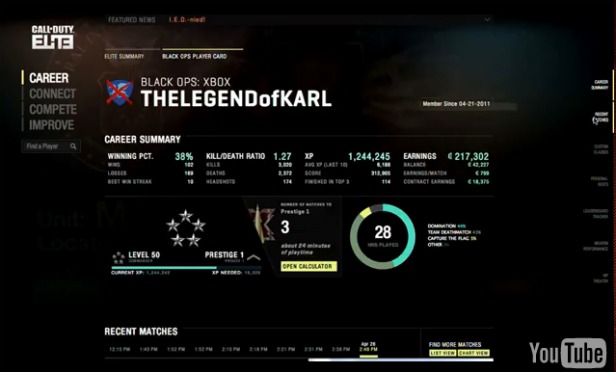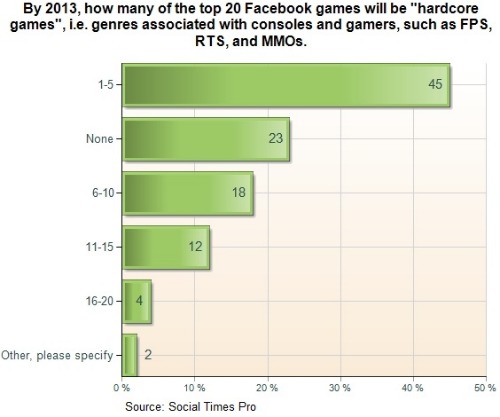Although she participated in the last Republican primary debate, Michele Bachmann wasn’t an official candidate at that point. She used the stage that night to declare her intentions to run for President. And today, she officially kicked off her campaign in Waterloo, Iowa.
The location has the dual-benefit not only being where Bachmann grew up, but also being located in the early primary battleground state. Bachmann, who is thought of by many to be the first officially backed Tea Party candidate in the race, said that “American aren’t interested in affiliation; they are interested in solutions and leadership that will tell the truth” at her speech today.
Her campaign kick-off speech on the steps of an historic Waterloo building was attended by about 200 people, says the New York Times.
Here’s what seems odd about her official announcement today – Where’s the social media connection?
Bachmann has a little over 56,000 followers and Twitter and over 220,000 likes on Facebook. She uses both networks semi-frequently to post messages to her supporters. In the last couple of weeks, she has posted messages about her votes on various bills, linked to articles about job creation and even told her fans that she had won an award. But her last Facebook post was last Friday. And her last tweet was last Friday as well.
Where’s the social media announcement of her campaign?
Most of the candidates who have already entered the crowded GOP field this year have made it a point to thoroughly incorporate social media when officially announcing their campaigns. First, frontrunner Mitt Romney used Twitter to link to a YouTube video where he announced the formation of an exploratory committee. Newt Gingrich did the same thing, only incorporating Facebook as well.
Former Minnesota Governor Tim Pawlenty used both Twitter, Facebook and YouTube to announce the official start to his primary campaign. Most recently, Jon Huntsman announced his candidacy in New Jersey and created two new Twitter accounts simultaneously to promote his announcement.
Moral of the story: Social Media has already been key this election season. But Bachmann hasn’t said anything on Facebook of Twitter since Friday.
Recently, I received @club4growth’s “Defender of Economic Freedom” Award for consistently voting in support of economic freedom.
There is no doubt that social media helped Barack Obama beat John McCain in 2008. And the President is still active on both Twitter and Facebook. Whatever candidate that ends up facing him in the general election is going to have to step up their social media game. I’m not sure it’s a great sign for her that Bachmann has failed to incorporate Facebook and Twitter into the most important day of her candidacy so far.
Bachmann is one of the more polarizing figures to enter the race. Many in the Republican party branch-off Tea Party think of her as an attractive candidate. She’s already seeing strong poll numbers in Iowa. On the other side, many see her ideas and extremely misguided and radical. She has a history of saying things that put her in the negative spotlight, such as the fact that the founding fathers “worked tirelessly until slavery was no more.”
Although Bachmann hasn’t commented on her official candidacy on Twitter as of yet, it hasn’t stopped the Twitterverse from reacting:
Michele Bachmann is the first woman to officially throw her tin foil hat into the ring.
Super pissed at Michele Bachmann for having the best Michele Bachmann joke just by merely announcing her candidacy.
on behalf of all comedians, a warm welcome to the 2012 presidential race michele bachmann
DRUNK HULK ALL EXCITE TO SEE HEADLINE THAT MICHELE BACHMANN RUNNING! BUT DISAPPOINT TO READ THAT SHE NO RUNNING AWAY!
The press is using Michele Bachmann as the political version of an anti-smoking ad: “Kids, see what happens when you don’t vote?”
To clarify that last tweet, just as she kicks of her campaign in Iowa, this YouTube video has already emerged titled “Michele Bachmann on John Wayne Gacy” where she mixes up a couple of famous American “John Waynes” –
















